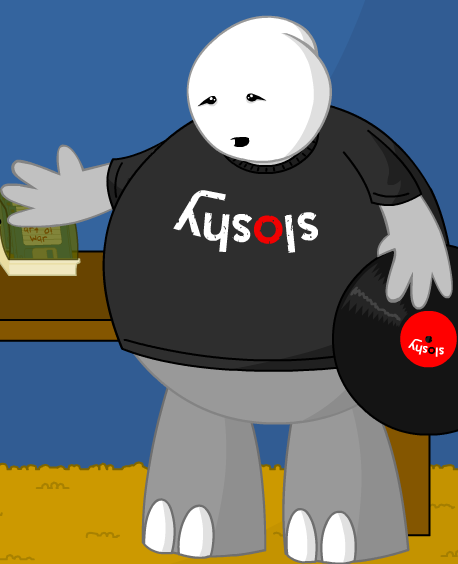"To help feed the country’s population, an inventor, Toufic Hamdan, created a commercial bakery to bake bread in solar ovens. The startup “Partners With Sun” has installed a solar convection oven on the bakery’s roof. The Solar Oven uses large silver mirrors to capture and magnify the sun’s rays to build heat. The heat is transported by a transfer fluid which is then used to help operate a convection oven, allowing it to reach a baking temperature of between 300 and 400 Celsius. The heat is used directly in food and beverage production. " Baking Bread in a Solar Oven | Happy Eco News
According to the company website, “The Solar Oven cuts up to 80% of the bakery’s fuel bill.”


This is super cool. Does it work when it’s cloudy?
Not sure! It does not say on their website. Here’s the info they have:
Partners with Sun invented and patented the first Industrial Solar Oven. The Solar Oven has been successfully tested and launched in the year 2022. The Solar Oven cuts up to 80% of the bakery’s fuel bill and improves its production efficiency, increasing its profits and savings. The Solar Oven is embedded with IoT technology to optimize energy consumption and production processes
There is also a video here, if you just want to see more of it: https://www.youtube.com/watch?v=1MEw6TFSu-E
That is really neat, thanks for sharing the video. Looks like it might be able to move to track the sun. The bread looks delicious as well :-).
Also, does it work at 3AM when bakers usually start working?
Yeah, there’s not going to be fresh bread until after lunch whit way. But for mass production sandwich and rolls it probably doesn’t matter.
This is a really interesting idea, however, it would be good to see how efficient it is. I would think going from light>mirrors>liquid>oven>bread is less efficient than going from light>solar panel>oven>bread.
Either way, this is a creative design, and could be used for other applications. Could a house be heated in the same way?
Photovoltaic solar panels have quite poor efficiency, ~20% in good operating conditions. I wouldn’t be surprised that the light>mirrors>liquid>oven>bread solution has a superior efficiency.
How well does it operate during sub-optimal conditions? Electricity can be stored in a battery, so you can spread your power out over time. I would expect some flexibility in this, since heat doesn’t instantly dissipate, but if conditions remain poor for an extended period, I would think this would be much less resilient.
Interesting, I didn’t know that. It would be great to see some numbers for this.
The tech. has been around since the 70s and used for heating and hot water also.
radiant hot water heating is a thing, industrial compost pipes often has heat transfer tubing in it for free heat and hot water.
This is really cool! I think getting solar coolers into form factors compatible with how kitchens already operate could be a huge step towards adoption of the tech. It’s part of why I really like (this slightly simpler design)[https://solarcooking.fandom.com/wiki/Scheffler_Community_Kitchen]. I think the convenience factor in systems like this, where the cooks can operate basically as if it was a conventional oven, is great
I want to see the cost of this installation. And its efficiency compared to light->electricity->heat
The efficiency of light ->electricity -> heat is about 20%
Solar heating can have efficiencies as high as 80%, although in this case because the heating is indirect and the temperature is elevated, the efficiency is likely somewhat lower.
If you need heat, best get it straight from the sun!





